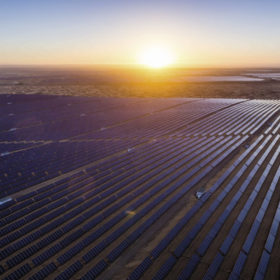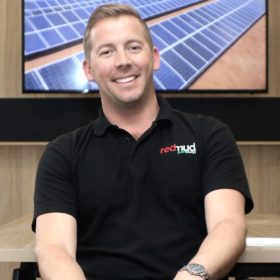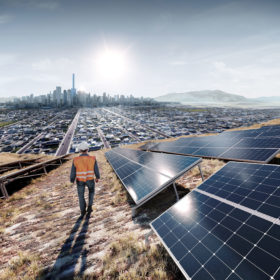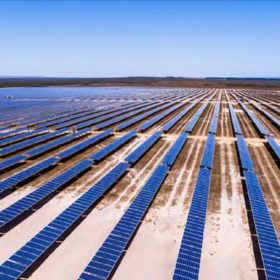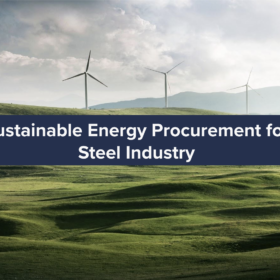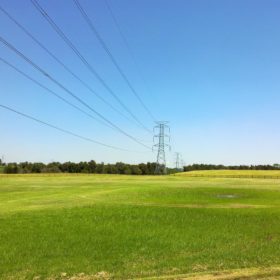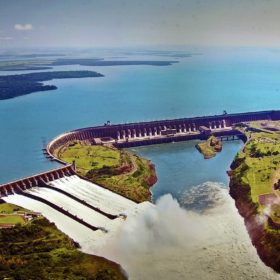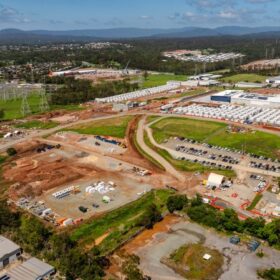Chinese PV industry headed toward grid parity
Project delays and price changes due to fluctuating demand are disrupting the Chinese solar market. Researchers who have analysed the situation claim that the nation’s PV industry will be back on track toward grid parity by the end of the year.
‘Nuclear power is now the most expensive form of generation, except for gas peaking plants’
The latest edition of the World Nuclear Industry Status Report indicates the stagnation of the sector continues. Just 2.4 GW of new nuclear generation capacity came online last year, compared to 98 GW of solar. The world’s operational nuclear power capacity had declined by 2.1%, to 362 GW, at the end of June.
Small-scale surge continues with Yates Electrical 20 MW partnership
South Australia’s small-scale solar sensation Yates Electrical Services is teaming up with Sustainable Energy Infrastructure to develop 20 MW of small-scale solar over the next 18-months, another sign of the strength of the small-scale solar surge which flies under the radar of the network’s congestion woes.
Supermarket Wars Renewed – Coles signs 10-year PPA with CleanCo
The Supermarket Wars have taken to the aisles of renewable generation as each grocer strives for greater renewable integration. This week, Coles Group signed a 10-year PPA with QLD state-owned generator CleanCo to source more than 90% of its QLD energy requirements from the as yet completed Western Downs Green Power Hub.
Centralised vs decentralised: surge in small-scale utility PV causes inverter decision rethink
While long commissioning delays and approval processes continue to hamper Australia’s utility scale market segment, smaller projects are surging ahead. And given the shift in the market, argues Fimer Australia’s Aaron Zadeh, inverter selection requires a rethink.
WA opens potentially 1.5 GW renewable hydrogen hub to global expressions of interest
The Western Australian Government has invited Expressions of Interest from around the world into its potentially 1.5 GW wind and solar hydrogen hub at Okajee Strategic Industrial Area. WA’s Mid-West region has some of the world’s best solar and wind resources which could feed the development of WA’s green hydrogen economy.
WePower’s Marketplace connects steel manufacturers with renewable energy producers
With new solar coming online or joining the queue at the back of the grid bottleneck, WePower’s Marketplace acts as a connective tissue between renewable energy generators and the coal intensive steel manufacturing industry. WePower then, is helping to build Australia’s green steel industry of the future. WePower’s Harley Tempest sat down with pv magazine to discuss.
All gas no brakes – Morrison Government spares some change for transmission upgrades
In a week dominated by the Morrison Government’s announcement of its gas-led strategy for economic recovery, it also committed $250 million to critical transmission infrastructure projects. At the same time TransGrid announced 6,900 MW of renewable investment interest in its New England Transmission Infrastructure project.
Google to create easier renewable power purchase pathways
The tech giant has eliminated its entire carbon legacy and is moving toward running entirely on renewables, 24/7. More importantly, it’s looking to create pathways for other renewable purchasers to follow in its wake.
Floating PV to offset underperforming hydropower
Brazil now has 12 GW of underperforming hydropower capacity, according to U.S. researchers. Large-scale floating PV is an ideal solution to offset this shortfall, due to its high capacity factor, load correlation, and high potential output during periods of high demand.
